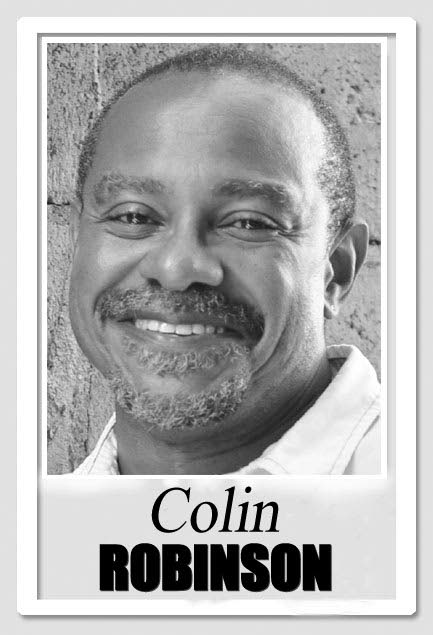Shame and lessons

There’s little new to be said about the Secondary Entrance Assessment exam, the command it has over young people’s lives, and the far-reaching harm this does as social policy.
A few years ago the voices for change seemed to have reached a promising crescendo, with even our old Catholic archbishop deeming the phenomenon “child abuse”; but we’ve just witnessed yet another year with the ritual intact, at the same time we’ve seen yet another education minister charged with rethinking this pivotal toxin in our education system.
My own thinking about the SEA has hinged on the detrimental impacts of school choice on traffic and economic productivity; how the exam would unmask more profoundly huge gender disparities in testing achievement were it not for same-sex schools; and how I might better leverage my first place in the “Common Entrance” five decades ago to advocate for the SEA’s replacement.
But one thing has hit me hard over the head in the small handful of critical commentaries accompanying this year’s annual release of results, something I hadn’t fully grasped before.
The shame that the process guarantees annually for so many young people. How much SEA is the enforcement tool of a social order rooted in shame and stigma.
Shame is one of the hardest things that young people have learnt to undo later in their adult lives. It’s so much of the work that organisers like me get confronted with as an enormous barrier to creating social equality, when what we think our business is is merely changing laws and policies. We are having to learn new tools to ensure people’s human rights and dignity.
A cocktail of social work blended with law. I consistently remark about the similarities in psychic disempowerment between LGBTI people and many of the young adults who’ve grown up in hotspot communities and failed schools.
Responsible parenting, another salient point in this year’s SEA commentary raises, requires preparing offspring for the things in the world that we – and often also they – cannot change. Acknowledgement of the fact for now that the SEA will distribute life opportunity in ways we will neither prevent nor compensate for. Preparation, too, for many of the other ways in which the world we know will continue to distribute opportunity in our lifetimes.
Perhaps far more important than schooling, though, is our work, in the face of forces and odds over which we have far less control than after-school lessons, at preparing our girl children to not become statistics of rape and gender-based violence, or early pregnancy. Providing for our boy children meaningful alternatives to the lure of organised crime. Shielding both from the opportunism of crossfire.
And are we not also called, too, as Audre Lorde urges in her famous poem about everyday bravery, to ensure our children’s “…dreams will not reflect/the death of ours.” Enabling them to be playful, and to imagine changes to the world that we cannot.
Most of us teach the children in our care to trust in things for which they have no evidence. These beliefs are critical to our cultural resilience, and it’s powerful to watch this at work among refugees and minority groups. Increasingly locally, though, we see a growth of faith toward fundamentalism – both Christian and Islamic – with a deepening investment in shame and stigma, a rigidity of dogma and punishment, and heightened desire for regulation over people’s gender, bodies and imagination.
Our children need to hold on to bigger ideas. Ones about shared nationhood and shared humanity, about futures. Ones rooted in shared dignity, not shame and stratification.
African-Trinbs have lost or neglected institutions that do that – our ethnic and family associations are few. While the SEA and its capacity for soul-sucking shame remains a system we need to join in dismantling, there are other places our children will always need that offer them dignity, which we need to invest in (re)building.
Educational system reform, regardless to all the brilliant, evidence-based prescriptions for content and method, needs to place at its centre dignity and worth of students. But until we muster the political courage to dismantle a well-endowed and hopelessly entrenched system of shaming, it is our duty to young people to commit to the many everyday ways we can guard against shame and invest in their beauty.


Comments
"Shame and lessons"